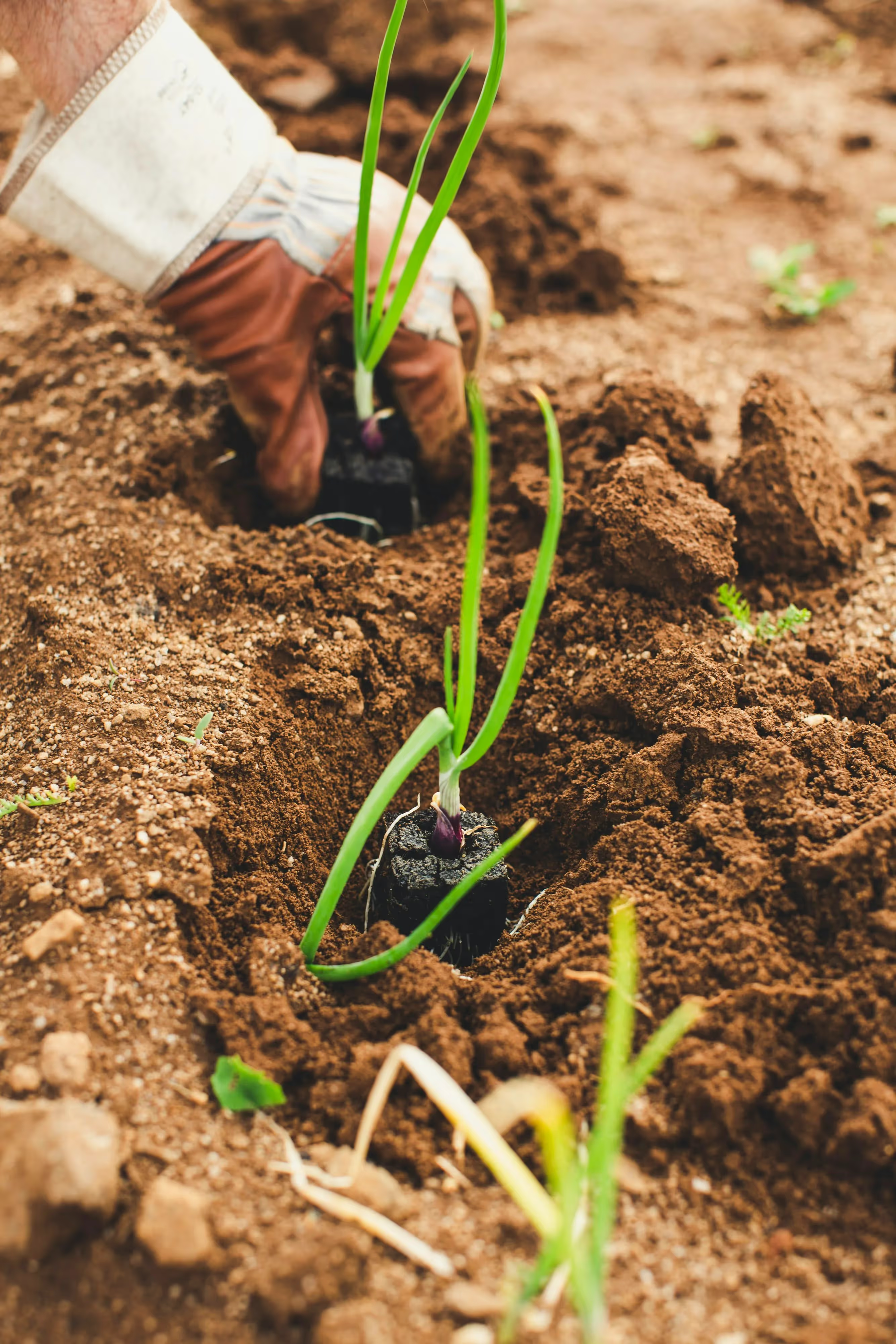The Role of Sustainable Practices in Agriculture
In the modern era, where natural resources are increasingly strained, the importance of sustainable agricultural practices cannot be overstated. These practices have the potential to increase crop productivity, conserve water, safeguard food security, and protect the biodiversity of our ecosystems. But what are sustainable agricultural practices, and how do they help in preserving our environment? Let's delve deeper into the topic.
What is Sustainable Agriculture?
Sustainable agriculture is an integrative approach focused on increasing agricultural productivity and profitability, while ensuring crop resilience, and fostering environmental health. It's a powerful way to combat ongoing environmental issues like climate change and habitat loss. This field employs a variety of practices, including organic farming, permaculture, agroecology, and more. Each of these methodologies is designed with the long-term health of the planet in mind.
The Role of Sustainable Practices
Efficient Water Use
Water is a crucial resource in agriculture and its efficient use is one of the main pillars of sustainable farming. Techniques like rainwater harvesting, drip irrigation, and proper crop selection help to reduce water waste and maintain healthy soil conditions.
Maintaining Soil Health
Healthy soil is the cornerstone of any productive farm. Sustainable practices such as crop rotation, cover crops, and organic fertilizers improve soil fertility and structure, preventing erosion and nutrient depletion.
Promoting Biodiversity
Sustainable agriculture promotes biodiversity — a critical aspect of any balanced ecosystem. Diversifying crops and livestock, preserving native species, and creating habitats for wildlife all contribute to a thriving ecosystem.
Reducing Carbon Footprint
Finally, one of the key roles of sustainable agriculture is the reduction of the carbon footprint. Practices like organic farming, use of renewable energy, and carbon sequestration significantly cut down greenhouse gas emissions compared to conventional farming techniques.
The Importance in the Modern World
Sustainable agriculture practices are not just beneficial for the environment; they also carry significant economic and social advantages. They can increase farmers' profitability, promote social equity, improve food quality, and even strengthen community bonds. They are also key to solving some of the most pressing global issues, such as food scarcity, water shortages, and climate change.
Higher Education's Role
Higher education plays a pivotal role in training the next generation of leaders in sustainable agriculture. University programs focusing on agriculture, environmental science, and sustainability offer students the knowledge and skills necessary to drive these initiatives forward, create innovative solutions, and make a positive impact on our planet.
Conclusion
In conclusion, sustainable agricultural practices hold the potential to transform our food systems, protect our environment, and build a more sustainable future. They can increase crop resilience, boost productivity, conserve resources, protect biodiversity, and mitigate the effects of climate change. As young learners in search of higher education paths, it’s vital to understand the importance of these practices and consider the role each one of us could play in advancing sustainable agriculture and, ultimately, changing the world for the better.
















.svg)



